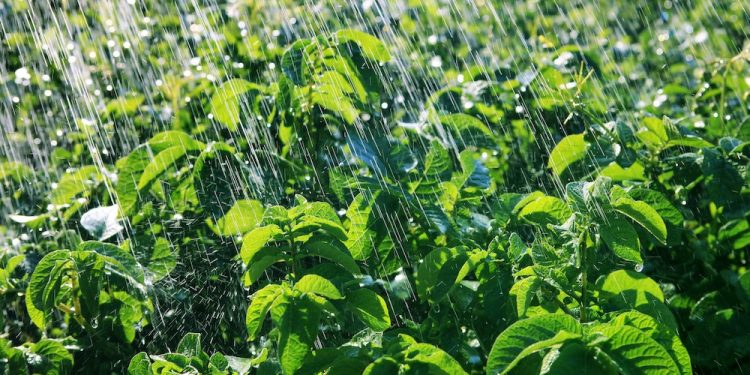Potato farming has always been a vital aspect of the agricultural industry. However, the practice of potato farming can be detrimental to the environment, especially if not done sustainably. In this article, we will explore the journey of Brandy Wilson and Mike Nemeth, two farmers who have implemented sustainable practices in their potato farm.
According to the Food and Agriculture Organization (FAO), potato farming accounts for 4% of global agricultural land use and contributes to the world’s food security. However, potato farming has a high environmental impact, which can lead to soil degradation, water pollution, and greenhouse gas emissions.
Brandy Wilson and Mike Nemeth are two farmers who have implemented sustainable practices in their potato farm. They have partnered with PepsiCo’s Sustainable Farming Program and have made significant changes in their farming practices. They have implemented cover crops, crop rotations, reduced tillage, and improved irrigation methods, resulting in a reduction in water use and soil erosion.
The Sustainable Farming Program by PepsiCo aims to promote sustainable potato farming practices by supporting farmers to reduce the environmental impact of potato farming. According to PepsiCo, the program has reached over 46,000 farmers in 36 countries and has resulted in a reduction of over 6 billion liters of water use and 100,000 metric tons of greenhouse gas emissions.
Sustainable potato farming practices are crucial for reducing the environmental impact of potato farming. The journey of Brandy Wilson and Mike Nemeth and their partnership with PepsiCo’s Sustainable Farming Program shows that sustainable practices are possible and can lead to significant improvements in the environment. By adopting sustainable practices, farmers can ensure a more resilient and sustainable future for their farms, communities, and the planet.







